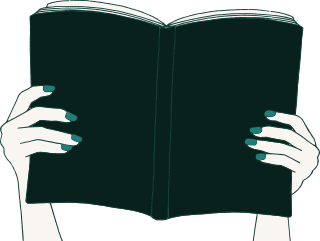Classics in children’s literature are often passed down from generation to generation. Just think of the fairy tale books you read at your grandparents’ house, which may have ended up in your own home by now as reading material for your children, nieces or nephews. The unfortunate thing about the materiality of physical books, and especially those that end up in the hands of sometimes rather eager children, is that they do not always remain in mint condition. The demand for books included in the so-called ‘children’s literature canon’ thus remains, with the possibility of renewed editions as a result. This is exactly what British publisher Puffin, the division of Penguin Books that focuses on children’s books, recently did with Roald Dahl’s books. The publishing house had hired people who specialise in ‘sensitivity readings’, or identifying themes and language that can be offensive in today’s society, in order to publish more inclusive texts. They made hundreds of small changes to Dahl’s books. However, this decision quickly met with controversy from various quarters, with a large number of people equating the reissues to heavy censorship in which references to race, gender, weight and mental health were removed. As a team conducting research on ageism in literature for young readers in order to create greater awareness of the impact these constructs can have, we fully support inclusive and diverse books that critically frame harmful stereotypes. Unfortunately, however, in this effort, one stereotype is sometimes replaced by another, as the head of our CAFYR project, Vanessa Joosen, points out in an interview with the Belgian newspaper De Morgen.
Read the full interview (in Dutch) here.
You can also listen to Vanessa’s interviews on Klara and Radio 1 (both in Dutch).
